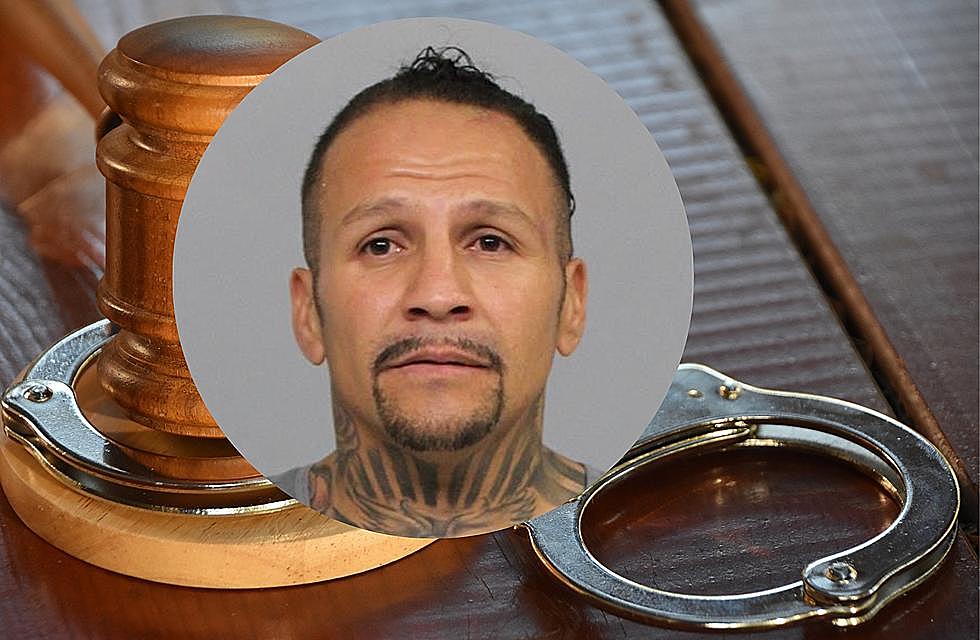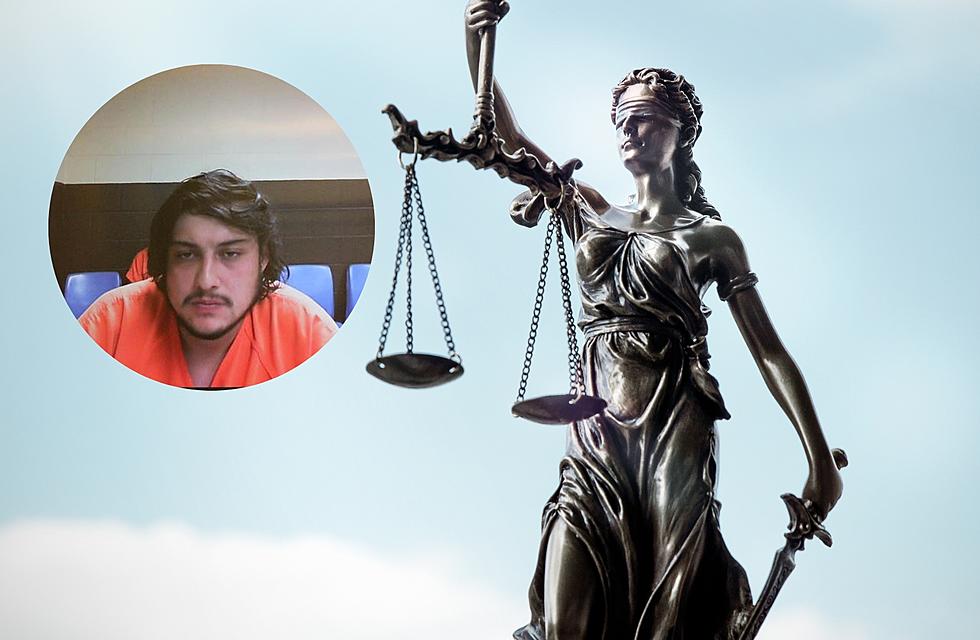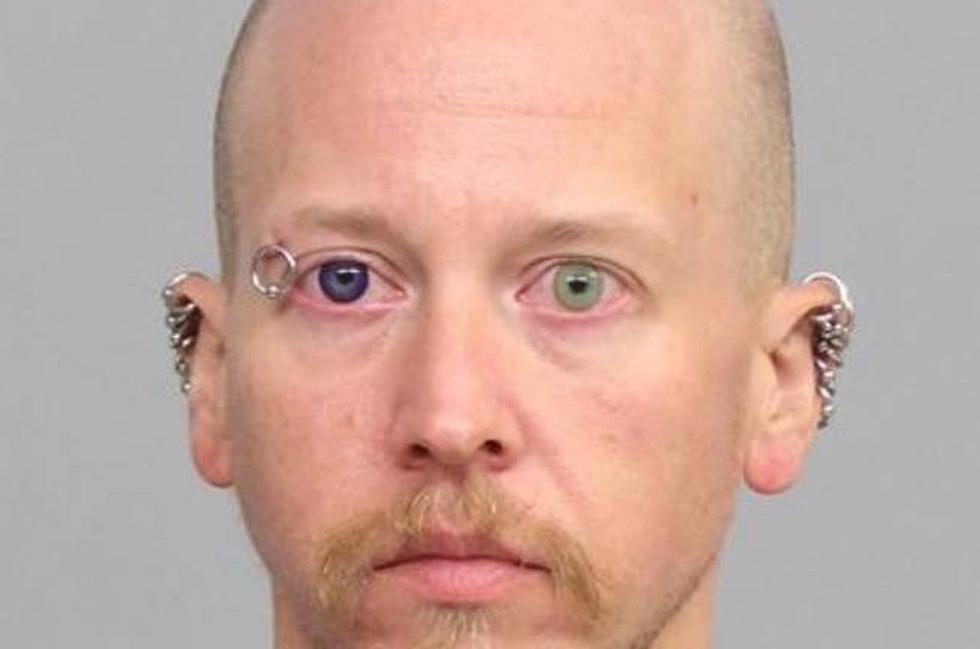
Tony Cercy Granted Change Of Venue
The retrial of Casper businessman Tony Cercy on one count of third-degree sexual assault will move to Hot Springs County in November, a Natrona County District Court judge ruled Wednesday.
"There is a sufficient basis to change the venue," Judge Daniel Forgey said at the end of an hour-long hearing.
Cercy wanted the change of venue because of the pervasive media coverage from his arrest leading to the trial in February, during the trial and afterwards, his attorney Jeffrey Pagliuca said.
At the end of the eight-day trial in February, a jury acquitted Cercy of one count of first-degree sexual assault (rape) and one count of second-degree sexual assault of a 20-year-old woman at his house at Alcova lake on June 25, 2017.
However, the jury could not reach a verdict on the one count of third-degree sexual assault -- sexual contact without penetration -- so Forgey declared a mistrial.
Natrona County District Attorney Mike Blonigen filed a motion to retry Cercy on that count, and Forgey and the Wyoming Supreme Court rejected motions by Cercy to dismiss the count.
However, Cercy through his attorney Pamela Mackey wanted to know more specifics about that charge.
Mackey told Forgey that the "bill of particulars" submitted by Blonigen basically restated the charge without providing additional allegations of fact. "This doesn't tell me anything," she said.
Blonigen responded that the bill of particulars was about legal theory and not about factual allegations.
Forgey said he would consider the bill of particulars matter later in the hearing.
The change of venue motion by Pagliuca took the most time.
He cited the responses in questionnaires submitted by potential jurors befire the previous trial, and how nearly all of them had seen the pretrial publicity and that they had formed mostly negative opinions of Cercy.
"It hasn't gotten any better," Pagliuca said. In his 299-page motion to move the trial, he included copies of many of the stories before, during and after the trial.
That didn't count the comments on social media, he added.
Pagliuca also criticized what he called Blonigen's hypocritical response to the motion, in which the prosecutor argued that a change of venue should be considered only after jurors have been seated and have told the court whether they can fairly hear a case.
But Blonigen opposed Cercy's defense team's request for a change of venue on the first day of the trial in February.
Pagliuca also criticized Blonigen's statement to media after the trial that he talked to jurors who said they were close to convicting Cercy on the third-degree sexual assault count.
He called that unprofessional and a way to influence a future jury, as well as a false statement based on his interviews with jurors.
"We want a jury untarnished by the media and in a county that hasn't put their thumb on the media," Pagliuca said.
Blonigen responded that it wasn't hard in February to get a jury that could set aside any preconceived ideas and only listen to the evidence presented during the trial. It shouldn't be a problem when the next trial starts Nov. 9.
After hearing the arguments, Forgey asked for a recess so he could review the motions.
About 20 minutes later, Forgey reconvened the hearing and granted Cercy's motions.
After the hearing, Blonigen said Cercy's attorneys wanted more information about the factual allegations in the bill of particulars.
Blonigen added that the change of venue is up to the judge.
Such decisions are rare, but they are more likely to happen with retrials, he said.
More From K2 Radio









